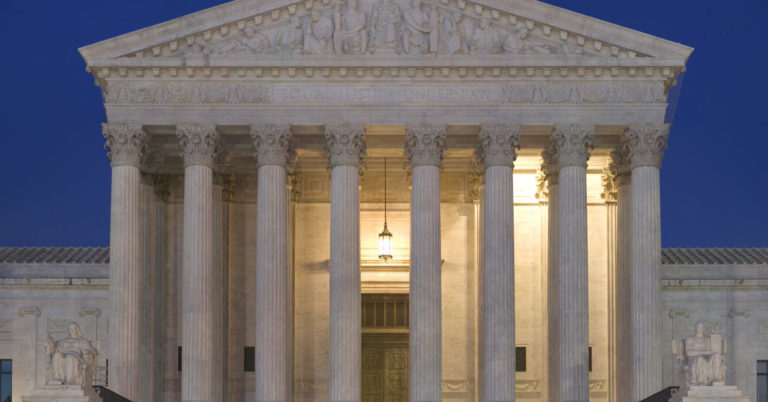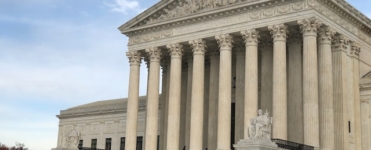
ICYMI: Packing the Court Risks Destroying its Legitimacy
Americans for Prosperity Vice President of Legal and Judicial Strategy Casey Mattox | OpEd for Newsweek
The Supreme Court nomination of Judge Amy Coney Barrett and the debate about whether to add justices to the Court are now linked in the public mind. That’s unfortunate, because they are separate issues deserving of separate consideration.
In one crucial aspect, of course, they are legitimately connected. The reason we need judges like Barrett on the Court is to avoid precisely what the court packers are trying to achieve: turning the Court into a vehicle for policy outcomes.
In Barrett, we have a nominee demonstrably committed to deciding cases based on the plain meaning of the text of the law and the Constitution. Court-packing proposals are expressly intended to do the opposite: to create a Court that will rule toward a preferred policy—writing the law, not interpreting it. This would distort the role of the judiciary, cause immediate and long-term harm to the institution and further politicize the Court.
…
So far, this debate has not interfered with the confirmation process for Judge Barrett. Her confirmation is as popular as court packing is unpopular. Evidently, Americans see no threat to the Court’s legitimacy in confirming Judge Barrett, but they recognize actual court packing for the institution-destroying scheme that it is.
Court packing is not new, but until the last few weeks, it was a well-defined concept with strong bipartisan opposition.
President Franklin D. Roosevelt tried to pack the Court in 1937. Many in his own party fiercely opposed him, including some who had been loyal supporters of the New Deal. One of them, Montana senator Burton K. Wheeler, declared to the president, “Create now a political court to echo the ideas of the executive and you have created a weapon…that can extinguish your right of liberty, of speech, of thought, of action, and of religion.”
…
The Barrett nomination is not the first to divide the Senate along partisan lines. But the involvement of political actors in shaping the Court does not have to make it a policymaking or partisan body. And its legitimacy depends on it remaining neither. Court packing would threaten to make it both, exposing the Court to any political breeze that’s blowing at the moment—and of course, whatever one party did in terms of packing the Court, the other would undo or outdo the next time it got its hands on the reins of power. The Court’s one real source of power—its constitutional and popular legitimacy—would evaporate.
Instead of balancing the scales of justice, the Court would become a political seesaw, tilting first one way and then the other as justices were added or subtracted by either party.
…
Converting the Supreme Court into a fully political body by increasing its numbers for partisan advantage would worsen that imbalance, perhaps irreparably, and permanently alter the separation of powers as Congress learns it’s much easier to add unelected life terms for judges who can create the laws you want than it is to take on the political liability of lawmaking.
When people turn to the Court, they expect to have their cases heard impartially and to have them decided on the merits, based on the law and the Constitution. Packing the Supreme Court would render such impartial judgment much more difficult to come by and cast every decision as political in the mind of a justifiably dubious public. That’s an outcome we should and will resist.
Click here to read the entire op-ed.



